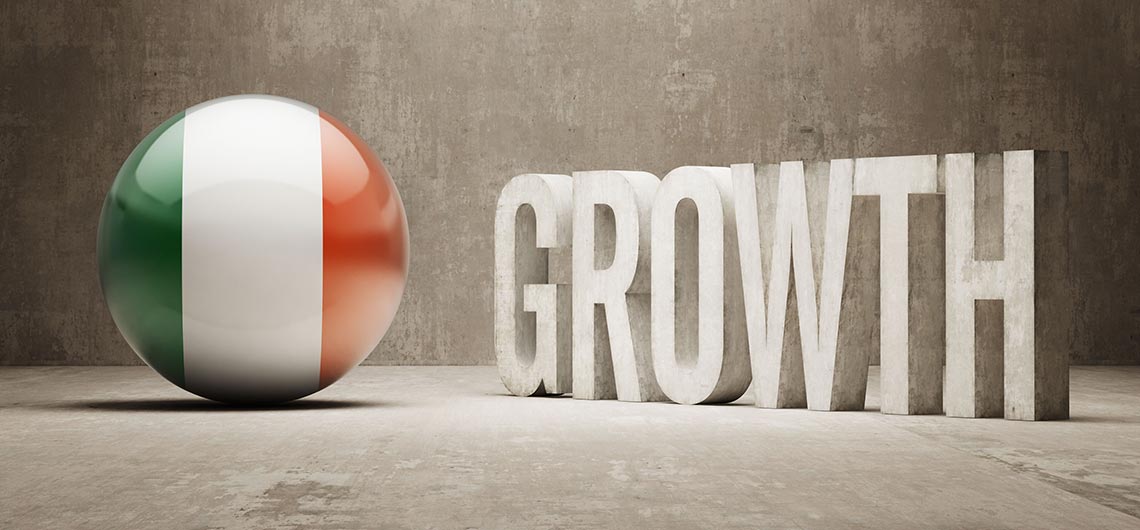HR’s role in the growth of the Irish economy
Ian Dowd, Marketing Director UKI, NGA HR
Boasting the fastest-growing economy in the EU and an enviable below-average unemployment rate, Ireland is forging a strong economic recovery.
The outward migration of nearly 30,000 Irish nationals over previous years caused a skills shortage in some major areas including ICT, engineering, sales & customer care, logistics, health, business and finance. Immigration is now rising with the return of some Irish nationals and also workers from various parts of the EU, bringing much needed skills and knowledge from other countries back into the Irish workforce and economy.
Ireland has the youngest population and workforce in the EU with 40% of workers aged under 30. There is a generation of young Irish workers returning from other countries hungry to see growth, prosperity and sustainability in Ireland by using the new skills they have acquired during their time away.
The top HR trends in Ireland are similar to those in many other countries, with culture and engagement being major issues. These areas are even more prevalent to Irish companies due to the high impact changes in the workforce and economy.
As the competition for skills and talent intensifies, employers need to have a strong value proposition to attract the right people and suitable programmes in place to retain staff and employment loyalty.
Organisations need to engage with their employees to discover what is important to them. Particular attention needs to be paid to the millennial generation of workers as they form such a huge part of the Irish workforce and will shape the culture over the coming decade. Research shows that whilst salary is important to millenials they are particularly motivated by training, support and career progression. These potentially low cost motivators could be the differentiator in recruiting and retaining the younger generation. A clear understanding of culture is required and this needs to start at the top with a commitment from the leadership team.
The work/life balance is still a huge factor to consider as the mobile workplace evolves. Staff do not necessarily need to be in an office for eight hours a day to do their job which provides highly sought after flexibility. On the flip side, this can also cause working hours to become blurred when emails are received during evenings and weekends causing employees to become overwhelmed with an inability to switch off. This is indeed one of the top issues in Irish organisations and should be a priority for HR departments.
HR people have a crucial role to play in the growth of the workforce and economy which makes it the perfect time to focus on being more strategic. The best HR decisions are a combination of intuition and experience backed up by accurate and timely data. In any organisation there is a lot of people data available through all transactional HR processes from starters and leavers to holidays and attrition. The key is bringing it to life and making it useful for decision making purposes and forming strategic plans. By doing this companies are not only investing in their people but ultimately investing in the future of the country.
About NGA Human Resources
NGA Human Resources is a global leader in helping organisations transform their business-critical HR operations to deliver more effective and efficient people-critical services. We help our clients become better employers through smarter, more streamlined business processes — to save money, manage employee life cycles, and support globally connected, agile organisations. This is how NGA makes HR work.
What sets us apart is The NGA Advantage. It’s a combination of deep HR experience and insight, advanced technology platforms and applications, and a global portfolio of flexible service delivery options.
Founded in 1969, NGA has over 44 years of experience in the IT industry. As a recognised global HR services leader, we have offices in 35 countries on five continents, supporting customers in more than 100 countries.
More information:
www.ngahr.ie











































